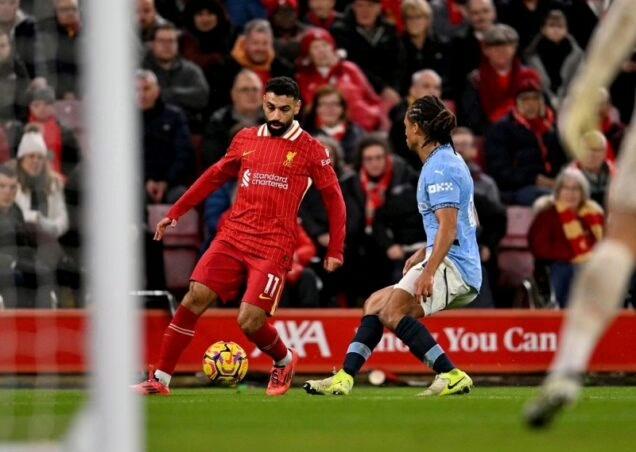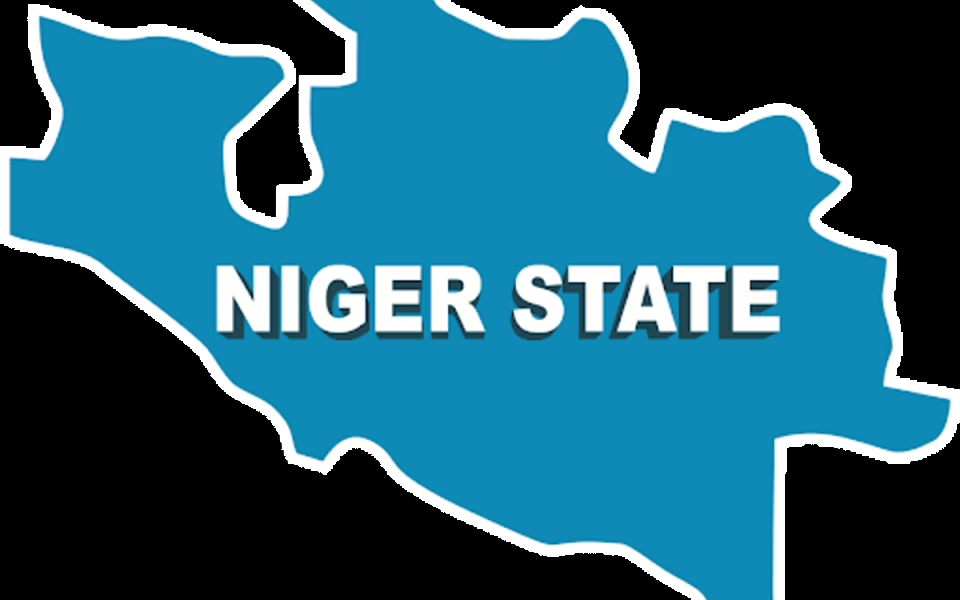The Central Bank of Nigeria (CBN) on Monday announced it has revoked Heritage Bank’s operating license, effectively closing the institution and placing depositors at the mercy of the Nigeria Deposit Insurance Corporation (NDIC).
This is the first time a Nigerian bank has been allowed to fail in over a decade, signalling a significant departure from the policy of former CBN Governor Godwin Emefiele, who consistently preferred to rescue struggling banks rather than let them collapse.
In a press briefing addressing the potential impact of Silicon Valley Bank’s failure on Nigerian businesses, Emefiele asserted that bank depositors are the ultimate owners of banks since they have more to lose than shareholders. He emphasized, “I would rather dispose of shareholders than make depositors lose money,” a policy he maintained throughout his tenure.
Throughout Emefiele’s leadership, several banks, including Skye Bank (later Polaris Bank), Keystone Bank, Union Bank, and Heritage Bank, faced severe financial challenges but were bailed out by the central bank instead of being allowed to fail.
These banks continued operations until they were eventually sold off, with one currently distressed bank still operating despite negative shareholders’ funds.
Emefiele asserted on several occasion that bank depositors are the ultimate owners of banks since they have more to lose than shareholders. He emphasized, “I would rather dispose of shareholders than make depositors lose money,” a policy he maintained throughout his tenure.
Analyst have argued that Emefiele’s strategy of preventing bank failures under the guise of protecting shareholders created significant moral hazard.
The unravelling of heritage bank
The revocation of Heritage Bank’s license did not come to many industry watchers as a surprise. For a bank under forbearance, this was a long time coming.
Heritage banks weak liquidity, impaired shareholder funds and high loan impairment, according to analysts, needed action not tolerance.
Heritage Bank’s interbank exposures (estimated by some accounts to be roughly between N500bn and N850bn) was being managed by the CBN.
However, there are also questions about what happened to CBN’s April 26, 2024 letter to ‘ICP’, which extended an olive branch to the promoters to recapitalise Heritage Bank within a three-month window? what prompted the rush to a decision?
Why CBN/NDIC choose to liquidate heritage bank
The CBN has chosen a different path. The apex bank’s press release indicated that Heritage Bank’s inability to improve its financial performance necessitated the licence revocation.
Despite various efforts to stabilize the bank, it “continued to suffer with no reasonable prospects of recovery,” making the revocation a necessary step.
This new stance aligns with global best practices where regulators allow market forces to play a more significant role in the survival of financial institutions, provided that robust resolution frameworks are in place.
The Nigeria Deposit Insurance Corporation (NDIC) has announced a substantial increase in the maximum deposit insurance coverage levels across various banks.
For Deposit Money Banks (DMBs), the maximum deposit insurance coverage has been elevated from N500,000 to N5,000,000. This change will now fully cover 98.98% of depositors.
“Defunct Heritage Bank operated as an insured institution under the provisions of the Nigeria Deposit Insurance Corporation Act, 2023. “The Corporation will pay all its depositors their insured deposits up to the statutory maximum of N5,000,000.00 per depositor.
Another probable reason is that, given the negative shareholder fund, weak corporate governance, the apex bank may have considered the bank’s prospect of meeting the recapitalization deadline April 1 2026.
Going for a bridge bank solution would be simply extending the day of reckoning as finding a suitable buyer would also be a major challenge some industry watchers have said.
Speaking on the move by the CBN, Special Adviser to the Chairman Senate Committee on Banking, Insurance and other Financial Institutions, Prof Uche Uwaleke said: “It all depends on the extent of the crisis giving rise to CBN intervention. A bridge bank solution becomes feasible when there’s still a chance of salvaging the bank. But where the damage is such that a bank becomes irredeemable, then liquidation is the best option in such circumstances.
“This move by the CBN will strengthen public confidence especially now that the deposit insurance coverage has been raised to N5 million effectively ensuring that nearly all the depositors will recover their deposits.”
While Some analysts argue that this shift in approach is likely to bolster public confidence in the banking sector by demonstrating the CBN’s commitment to a healthy and stable financial environment, the downside is that bank customers may become concerned and anxious about which institution might be next.
This new policy shift will undoubtedly introduce a shake-up in how the sector perceives the CBN. Banks will become more circumspect about their lending practices and handling of non-performing loans (NPLs).











